According to CleanTehnica, this is not the only advantage EVs have over their traditional counterpart, as this new class of vehicles has lower maintenance costs, as well, meaning that they shouldn't need servicing as often.
While this might first seem like the doom for factory workers, the CEO of the American carmaker says it is not the case.
In fact, the workforce that is free from assembling the actual EVs will be redistributed to manufacturing more parts for the vehicles, as the boss says that "we have to insource, so that everyone has a role in this growth."
Ford is going to need a good plan to support this growth, as the company aims to reach 50% EV sales by 2030.
Jim Farley also focused on the batteries that will be powering future Ford models, as this could be one area where more workforce could be retrained for.
"We have a whole new supply chain to roll out, in batteries and motors and electronics, and diversity has to play an even greater role in that", he said.
Despite retraining and redistribution, Ford reduced the number of employees by 3.000 from 183.000 in 2021. More layoffs are expected from the company in the future years, as the process for making EVs will be automated more and more.
 Mihai - Cristian Ioniță
Mihai - Cristian Ioniță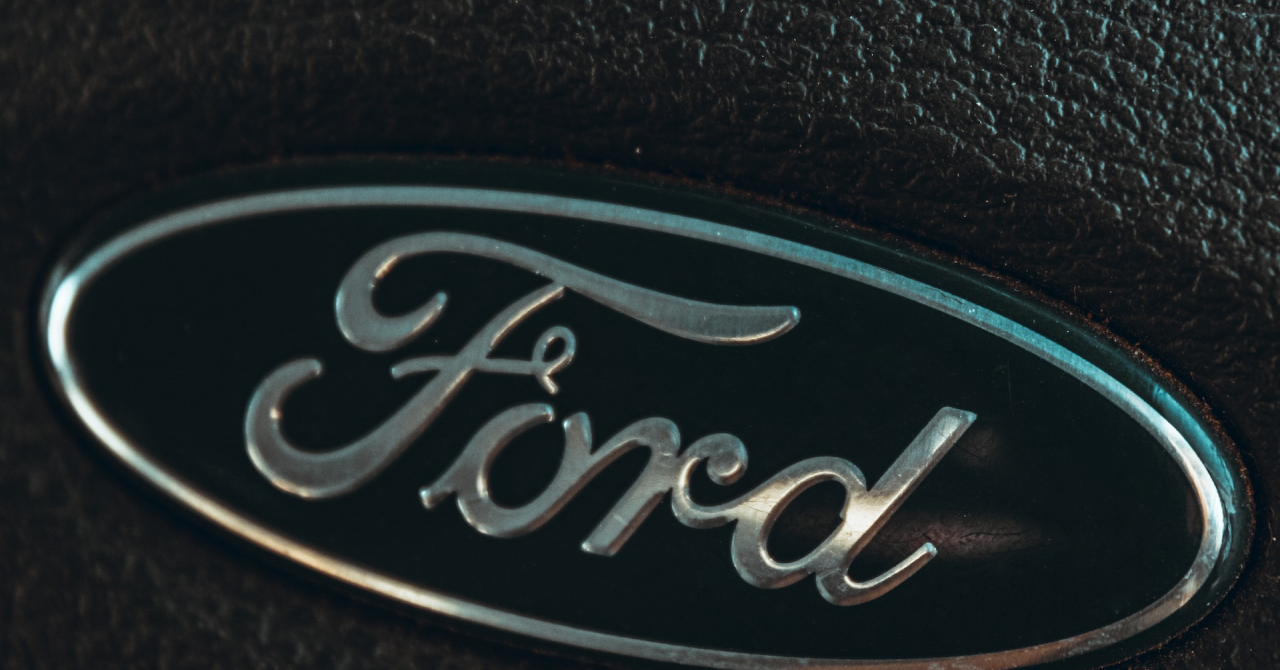

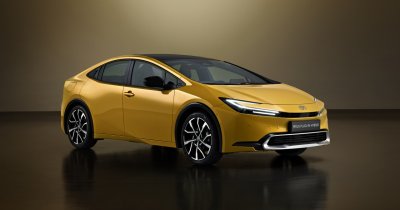


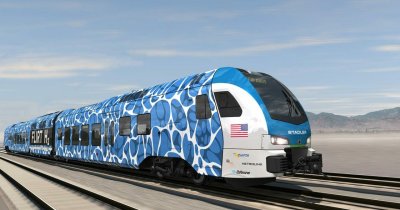



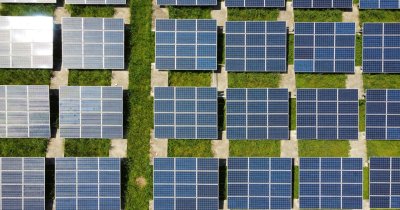
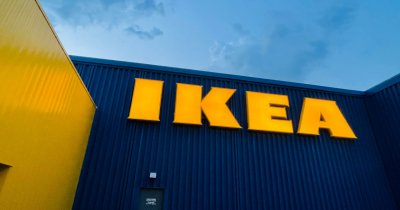

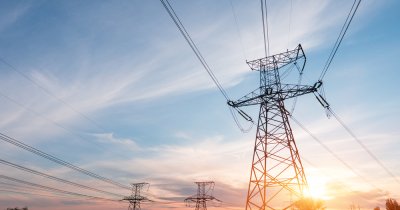
Any thoughts?